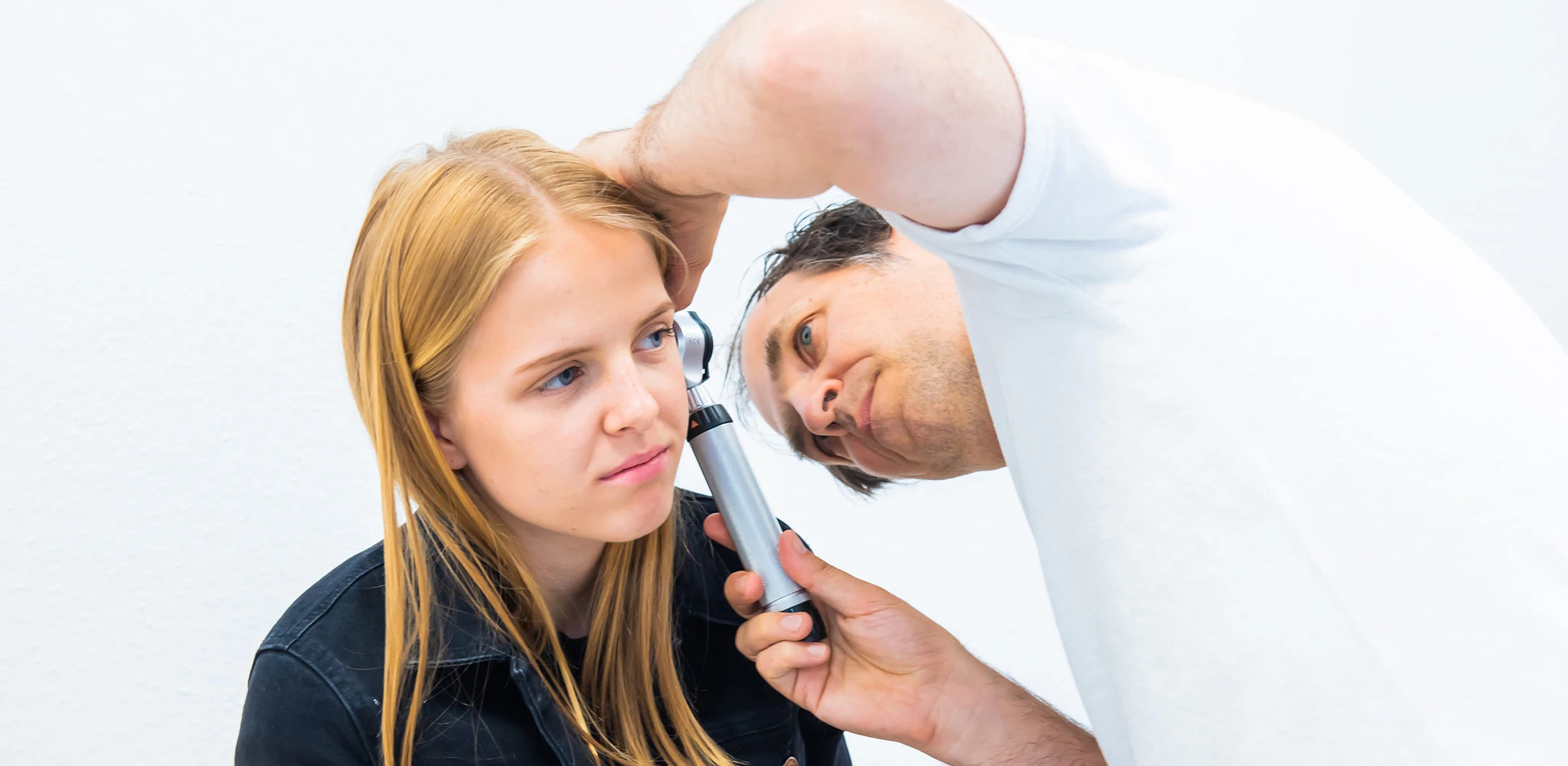Protect children from viruses, dirt and the like!
I received an interesting question from a mum. Namely: How can you, or to what extent do you have to avoid possible disease transmission to children in everyday life? Note in advance: We are making this generalised here, i.e. independent of coronavirus. Because it's clear that sensitivity to the transmission of infection is extremely high at the moment. But I think the question is generally important and will therefore be answered accordingly.
My first point is to leave the church in the village when it comes to this topic. It is not possible to live everyday life with children in such a way that there is no exchange of viruses, that children do not come into contact with dirt and grime. In fact, there is no need to avoid this at all, because it is actually good for children to have to work on their immune defences. This is good training for the immune system, comparable to muscle training with dumbbells. Children should and may have contact with pathogens.
Nevertheless, there are of course points that need to be considered. An important one is that the transmission of caries bacteria from adults to children should be avoided as far as possible. Licking the dummy and then putting it in the child's mouth or always licking the child's spoon is absolutely not advisable. And of course, if you as an adult have an infectious disease, for example a gastrointestinal infection, then you should try to stay away from the child as much as possible.
Another issue that often arises in practice is herpes. Herpes viruses are not entirely unproblematic in newborns in the first four weeks, but transmission is less problematic later on. However, here and with other specific clinical pictures, it is advisable to discuss the issues of infectivity and transmission specifically with your paediatrician.
Then there are two more points that are important to me, which have nothing directly to do with disease transmission. Rather, it's about how we treat our children. To choose a classic example: The aunt who storms into the house and then rubs the children down from top to bottom is perhaps not so much a problem from an infectiological point of view. It's more about accepting and recognising that every child has their own individual need for more or less closeness and touch. As parents, we have to keep asking ourselves whether it is not overbearing what we are asking the child to do if they are given a lot of closeness that they may not want.
The second point is that the older children get, the more they develop their own need for hygiene. A good example is drinking from a bottle together. One person finds this completely unproblematic, the other finds it unhygienic, uncool and simply doesn't like it. This should be taken into consideration.
To summarise: Stay relaxed in everyday life, but pay attention to the needs of the individual family members.
Further interesting tips
RSV vaccination
An important topic at the start of the infection season: the so-called RS virus vaccination. So-called because it is not a vaccination in the true sense of the word.
Fontanelle
Today a topic that isn't really a topic at all: the fontanel. In other words, the gaps in the bony skull of babies. Although it has no medical significance, there are always questions about it. So here's everything you need to know about the fontanel.
Infant formula
There's no doubt about it: breast milk is the ideal food for every infant. But please don't put your baby under pressure, don't stress and above all don't panic if breastfeeding doesn't work or doesn't always work.
